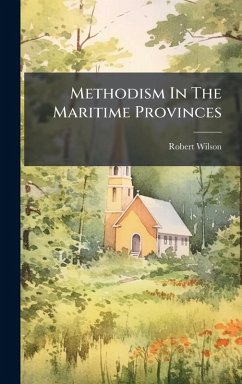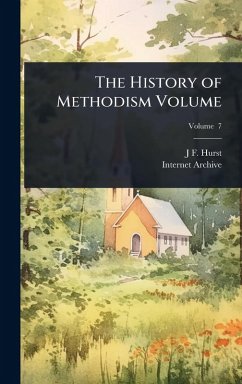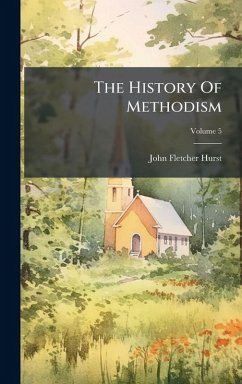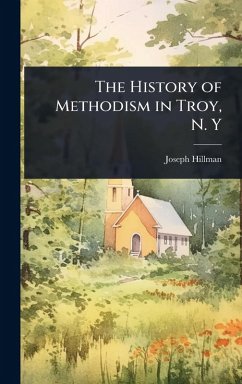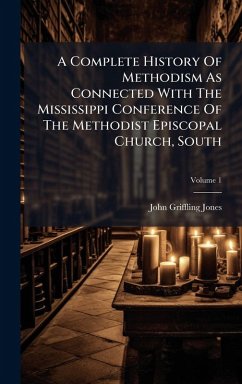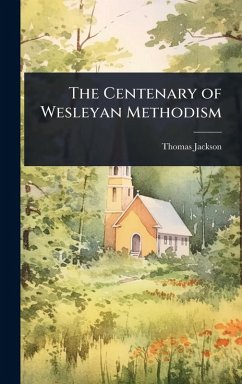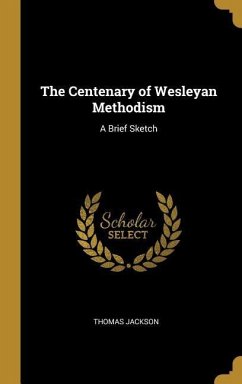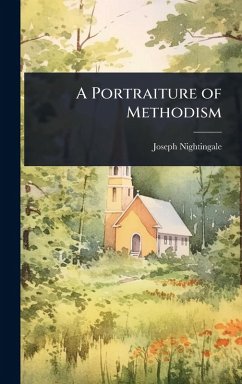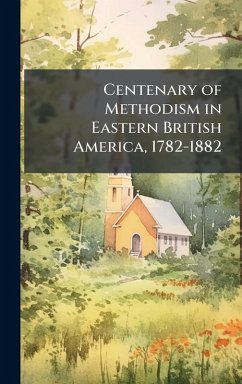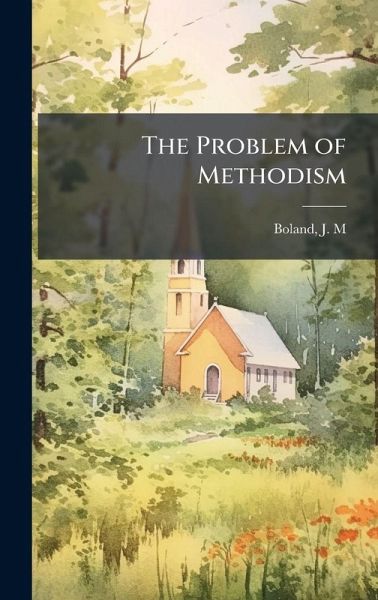
The Problem of Methodism
Versandkostenfrei!
Versandfertig in über 4 Wochen
32,99 €
inkl. MwSt.

PAYBACK Punkte
16 °P sammeln!
"The Problem of Methodism" (1888) examines the doctrines and practices of the Methodist movement through a late 19th-century lens. J.M. Boland explores the distinctive theological and social contributions of Methodism, analyzing its impact on religious life and moral discourse. The book likely delves into key figures like John Wesley, as well as core Methodist tenets such as personal piety, social holiness, and the emphasis on evangelism and practical Christianity. Boland's work offers insights into the challenges and opportunities faced by Methodism as it navigated the complexities of a rapid...
"The Problem of Methodism" (1888) examines the doctrines and practices of the Methodist movement through a late 19th-century lens. J.M. Boland explores the distinctive theological and social contributions of Methodism, analyzing its impact on religious life and moral discourse. The book likely delves into key figures like John Wesley, as well as core Methodist tenets such as personal piety, social holiness, and the emphasis on evangelism and practical Christianity. Boland's work offers insights into the challenges and opportunities faced by Methodism as it navigated the complexities of a rapidly changing world. It would be of interest to scholars of religious history, Methodist studies, and those seeking a deeper understanding of this influential Christian tradition. This work has been selected by scholars as being culturally important, and is part of the knowledge base of civilization as we know it. This work was reproduced from the original artifact, and remains as true to the original work as possible. Therefore, you will see the original copyright references, library stamps (as most of these works have been housed in our most important libraries around the world), and other notations in the work. This work is in the public domain in the United States of America, and possibly other nations. Within the United States, you may freely copy and distribute this work, as no entity (individual or corporate) has a copyright on the body of the work. As a reproduction of a historical artifact, this work may contain missing or blurred pages, poor pictures, errant marks, etc. Scholars believe, and we concur, that this work is important enough to be preserved, reproduced, and made generally available to the public. We appreciate your support of the preservation process, and thank you for being an important part of keeping this knowledge alive and relevant.



